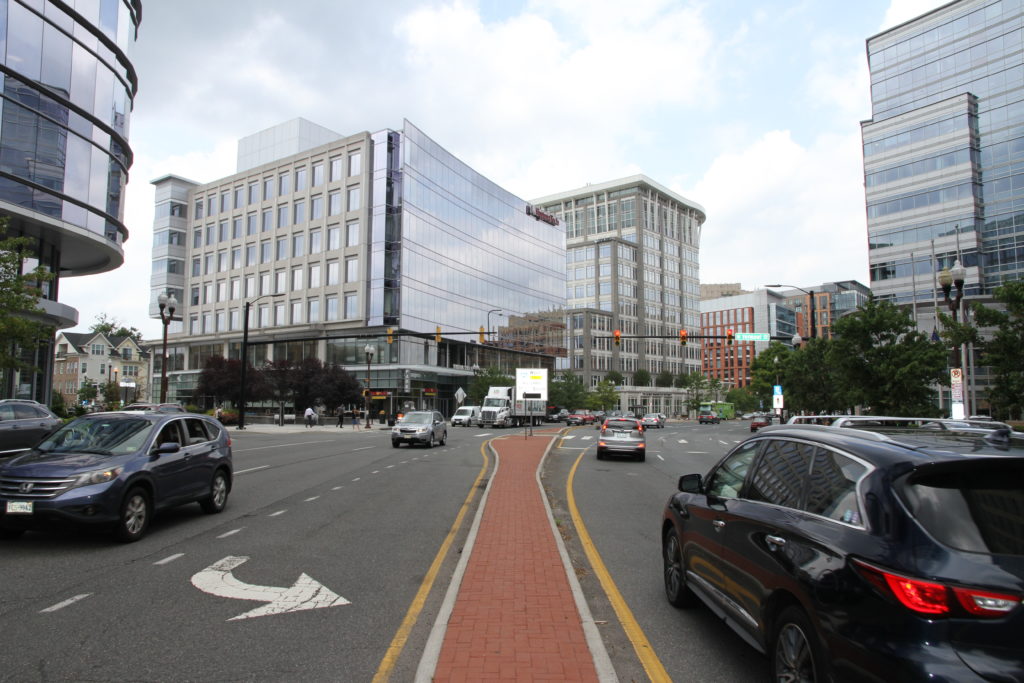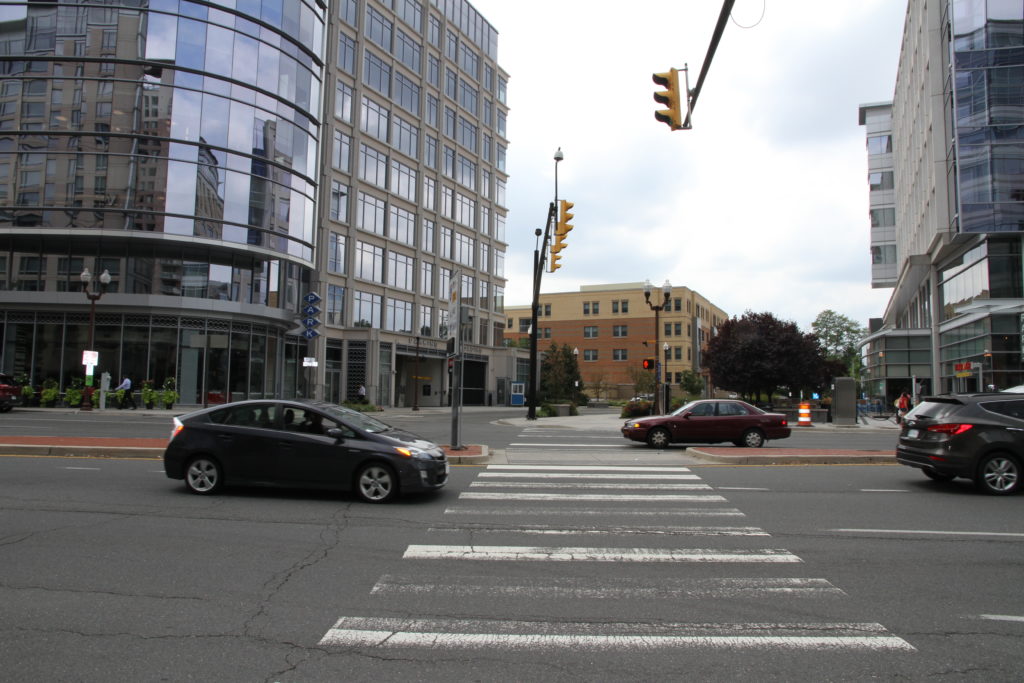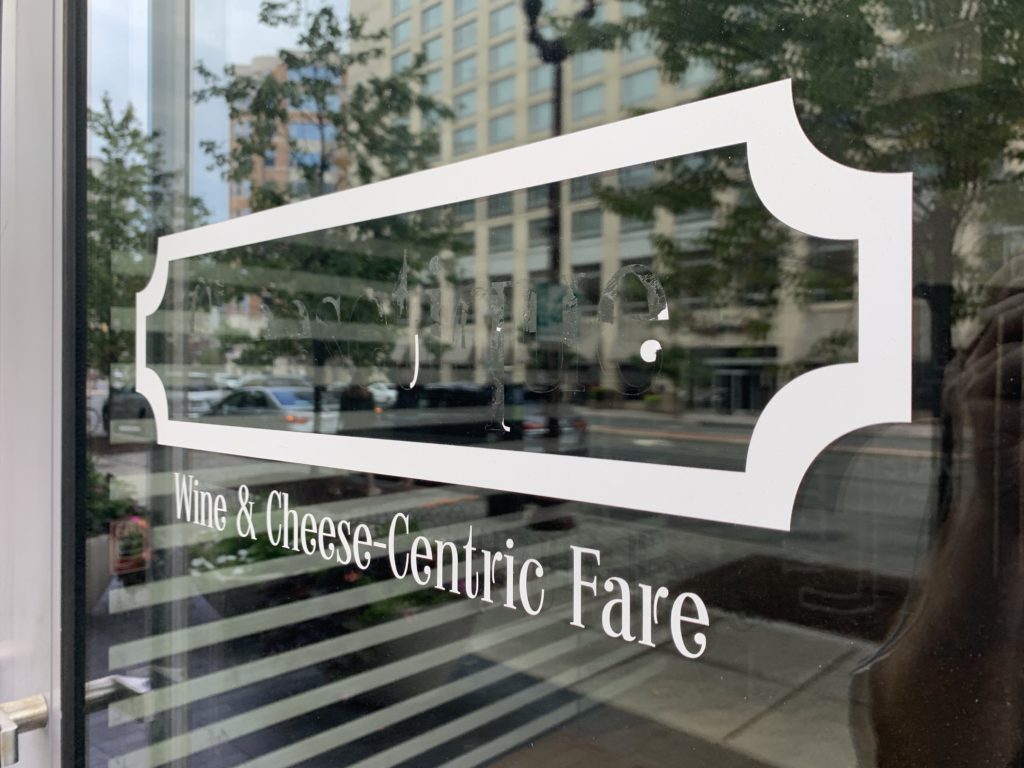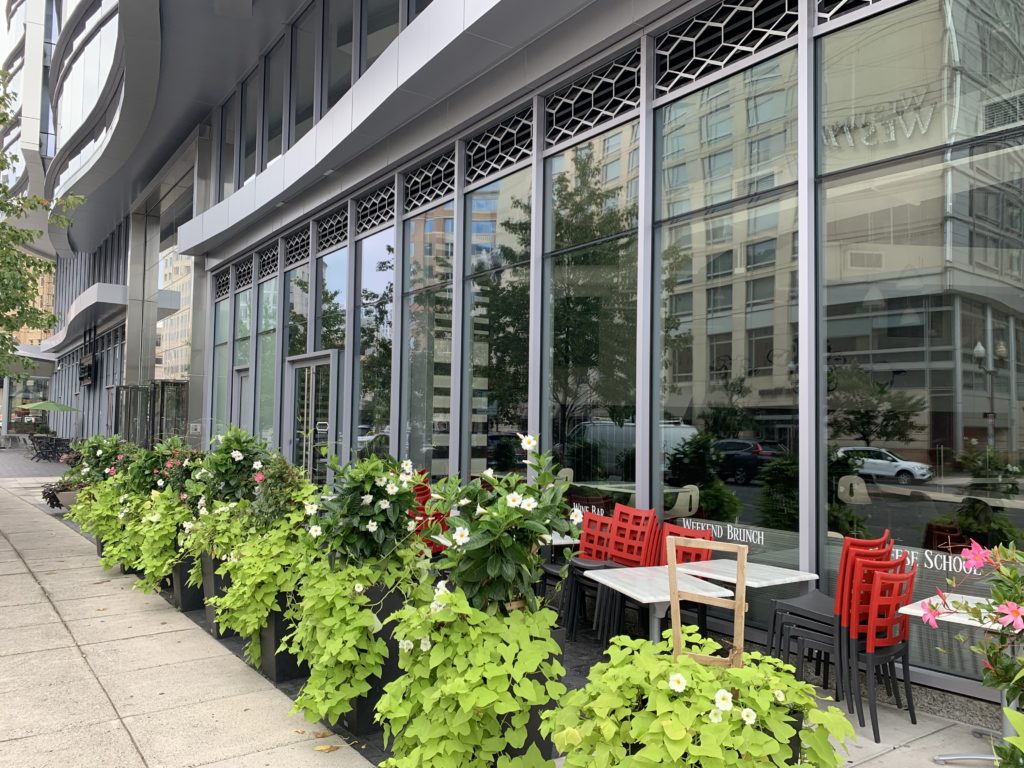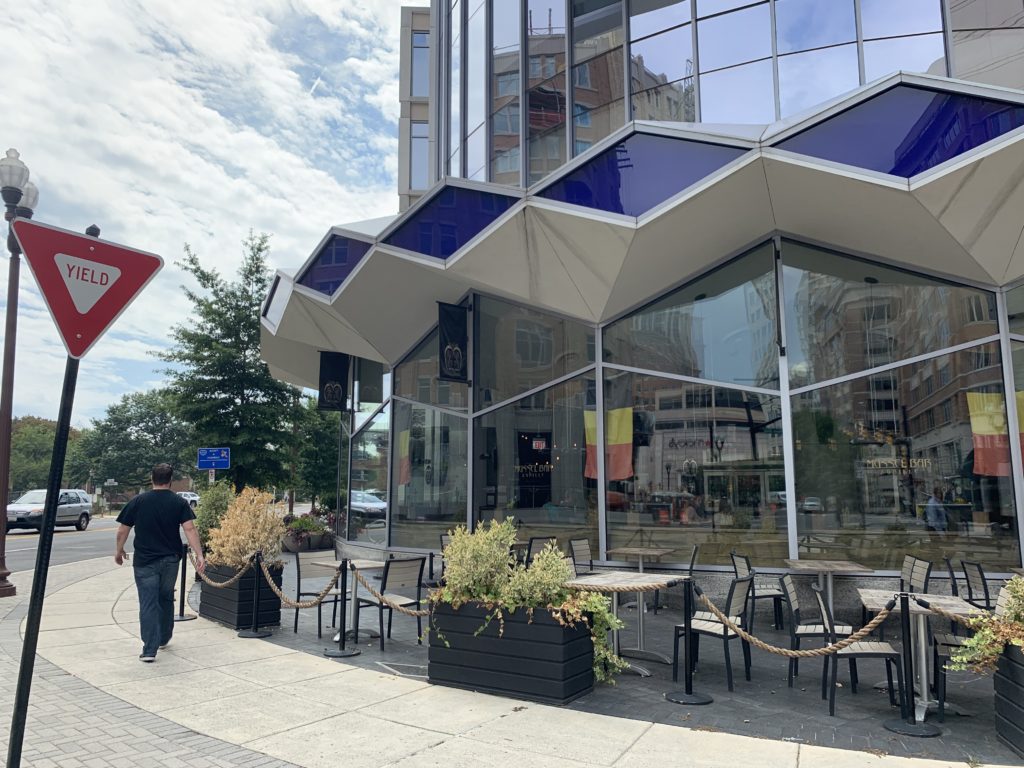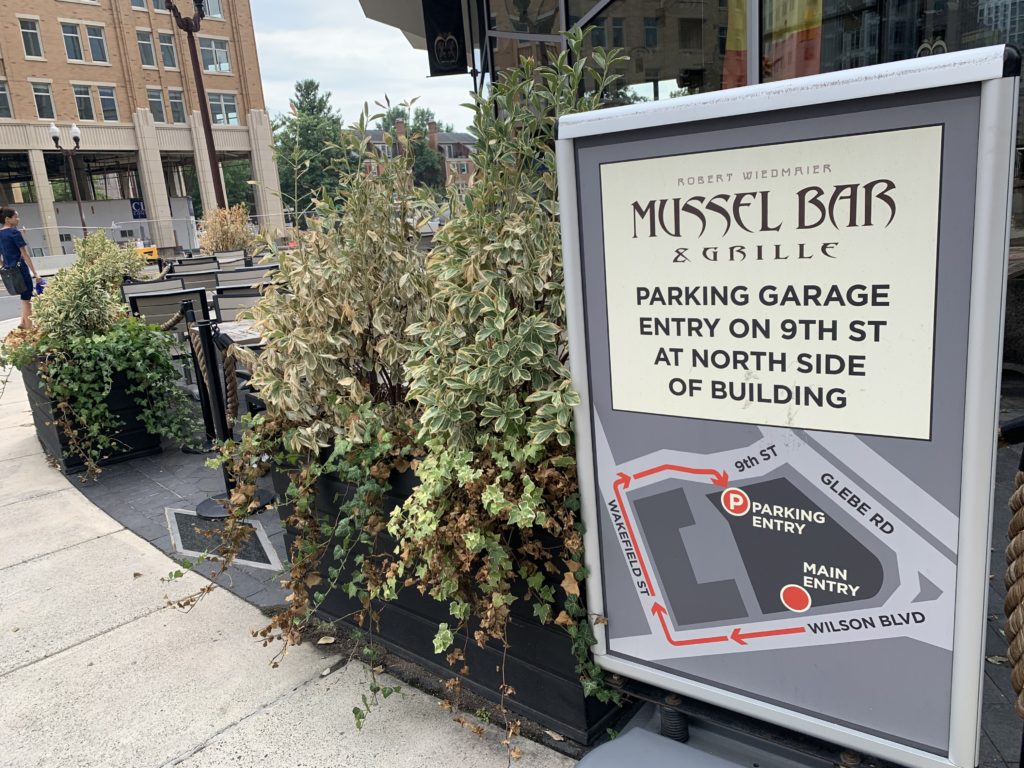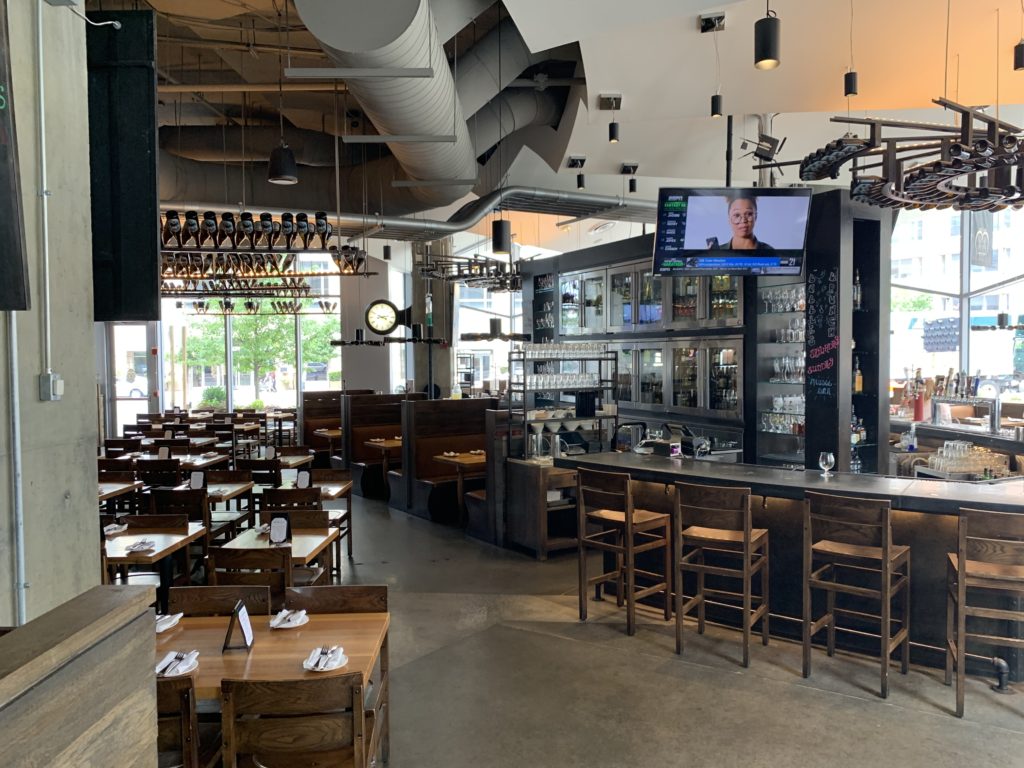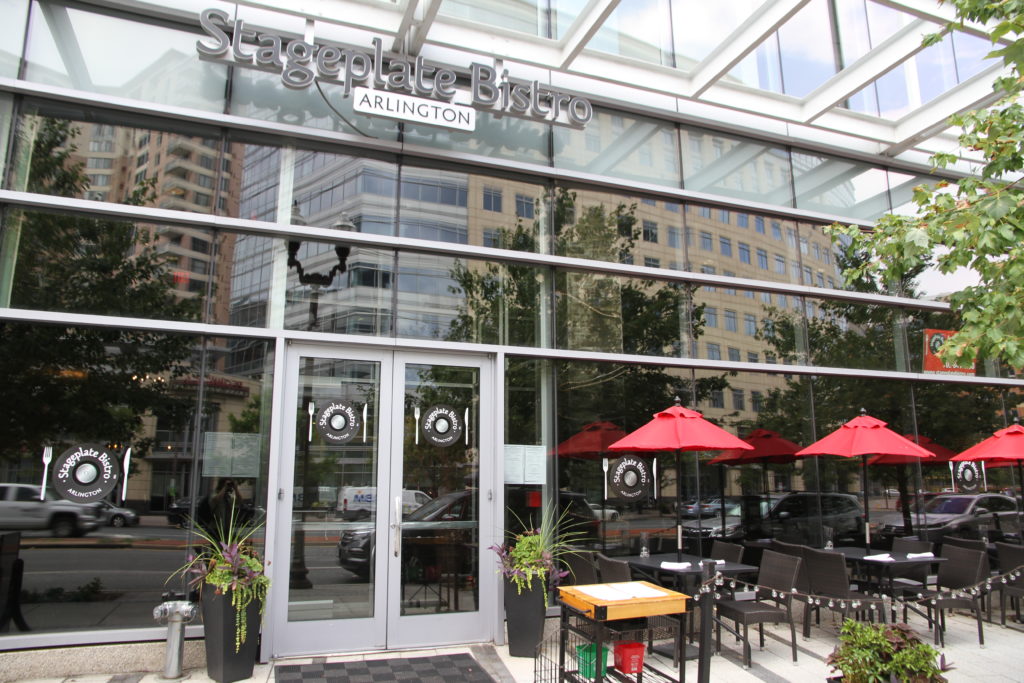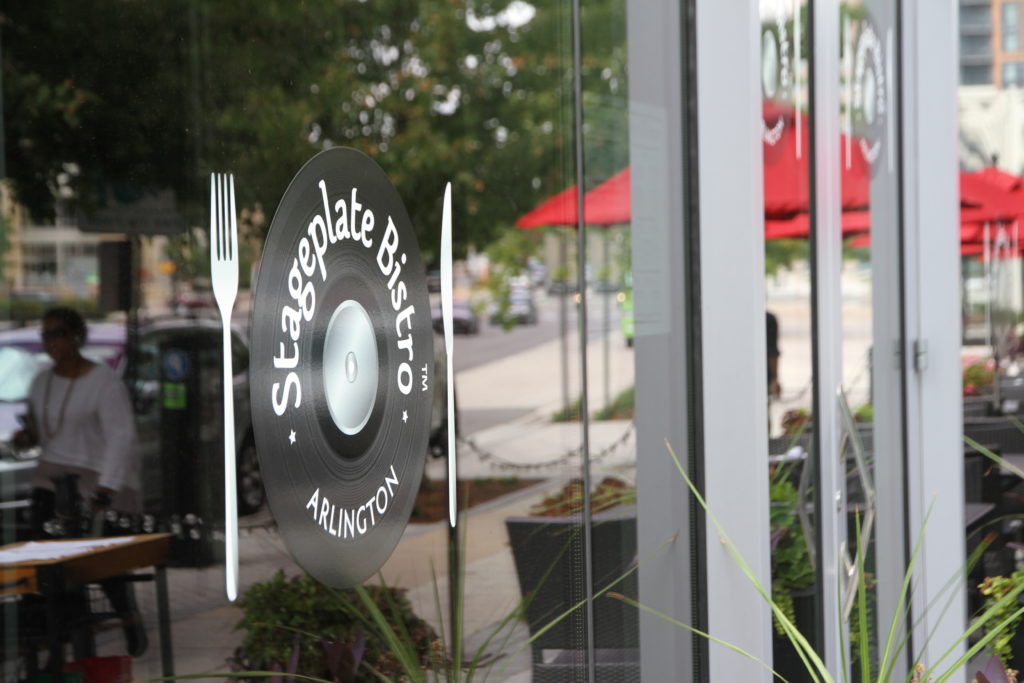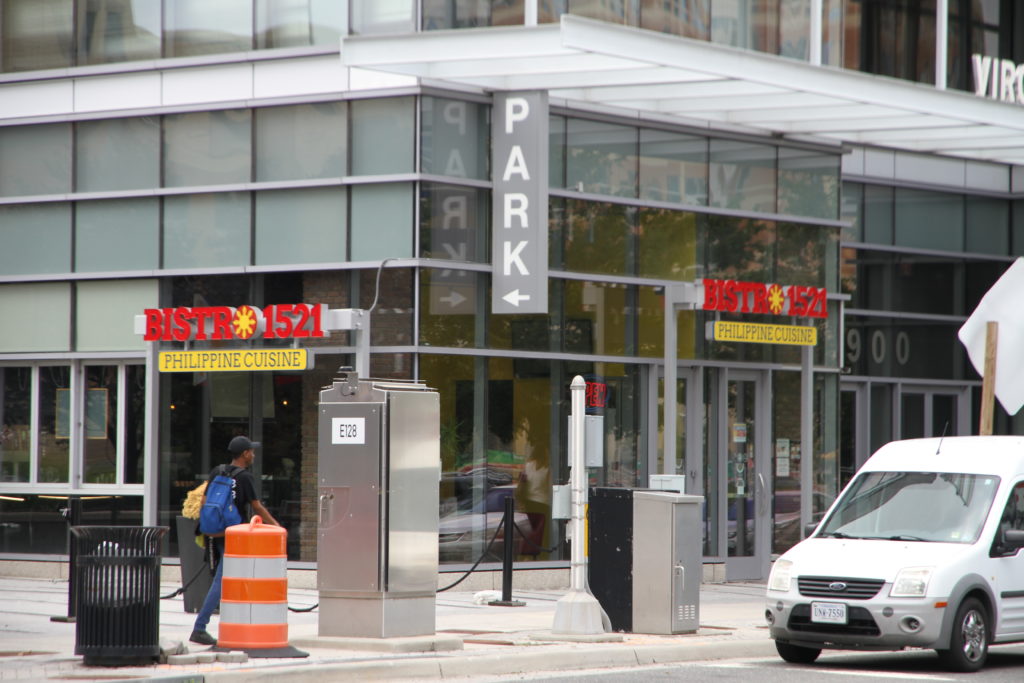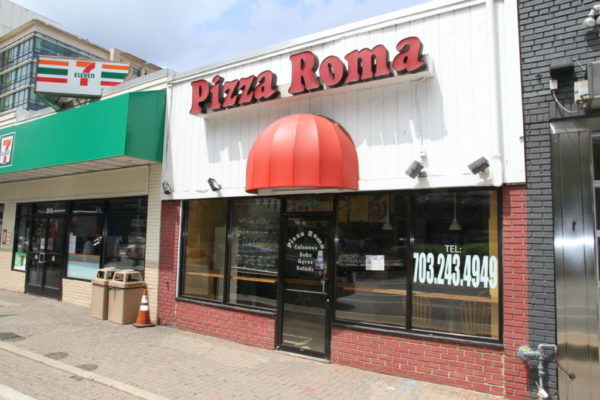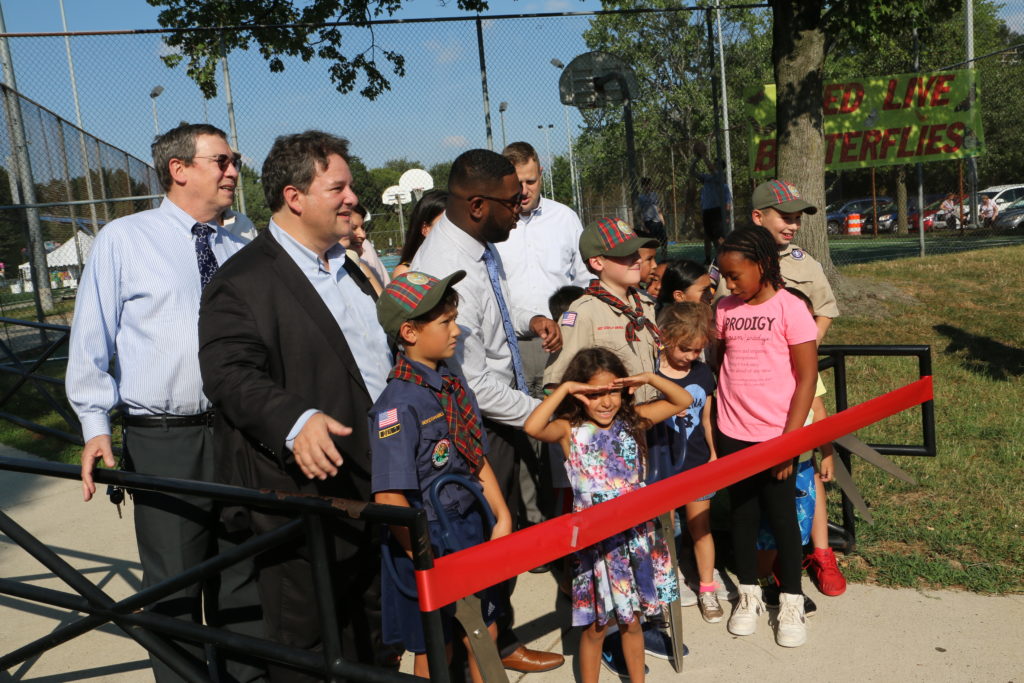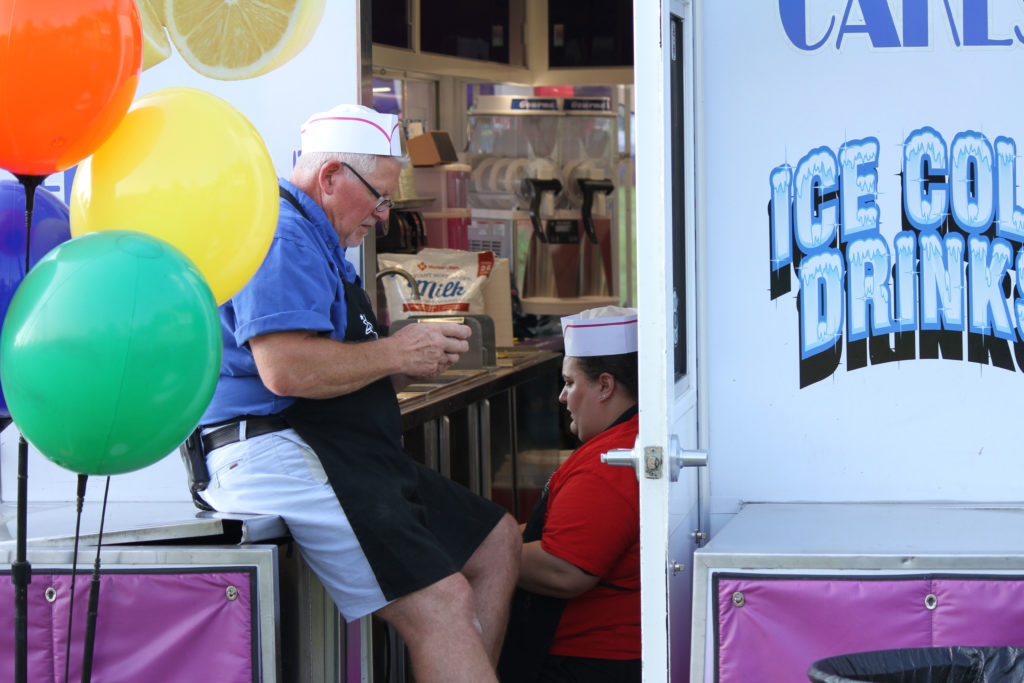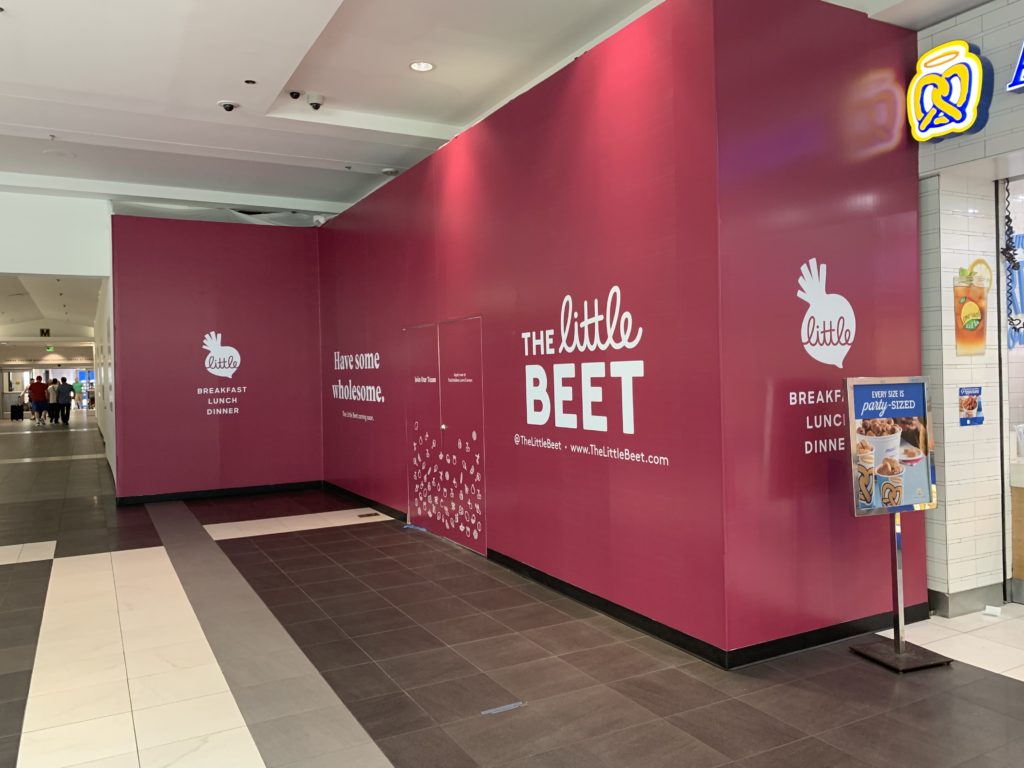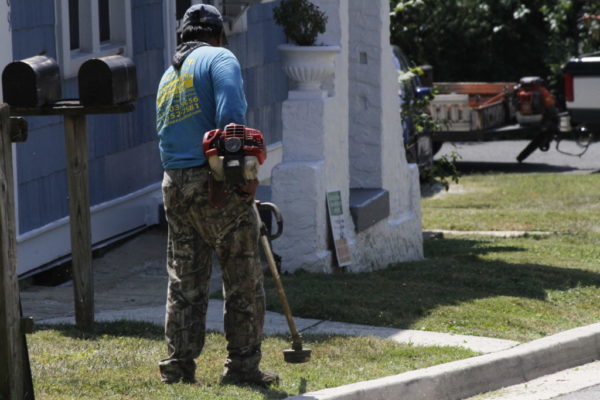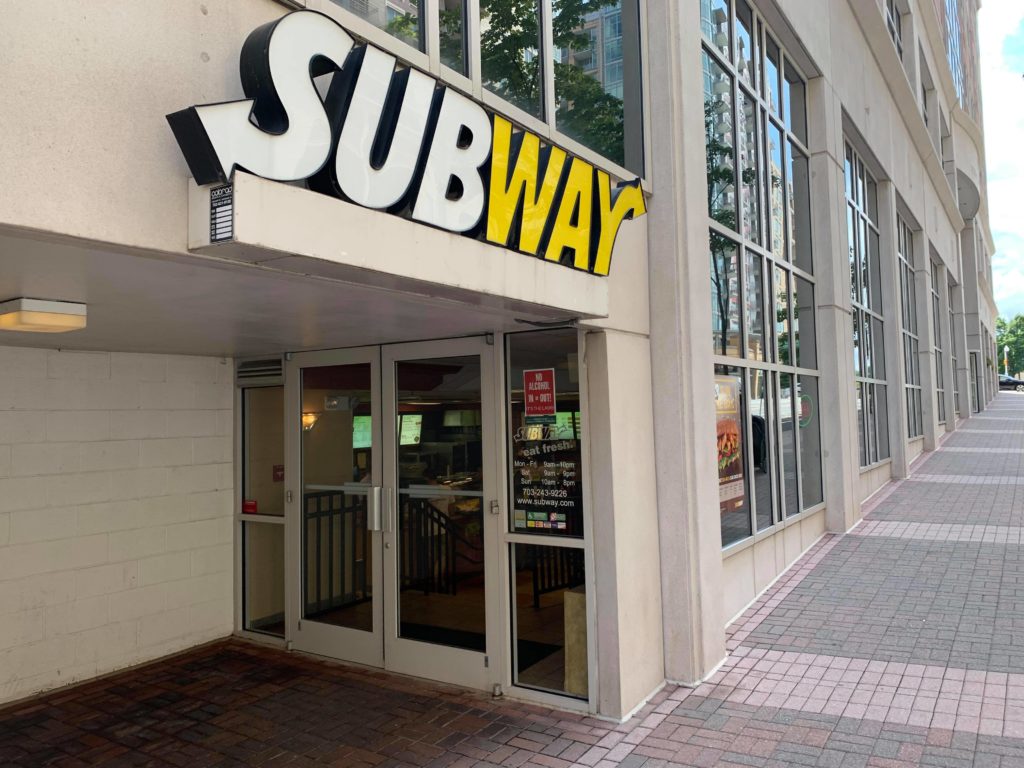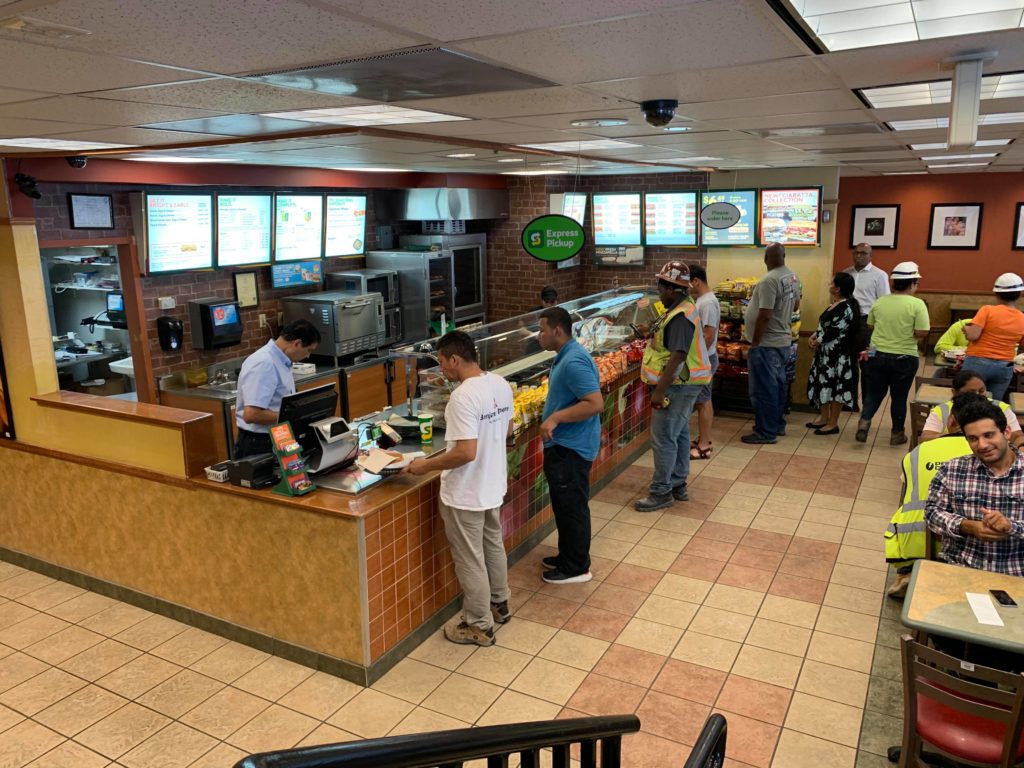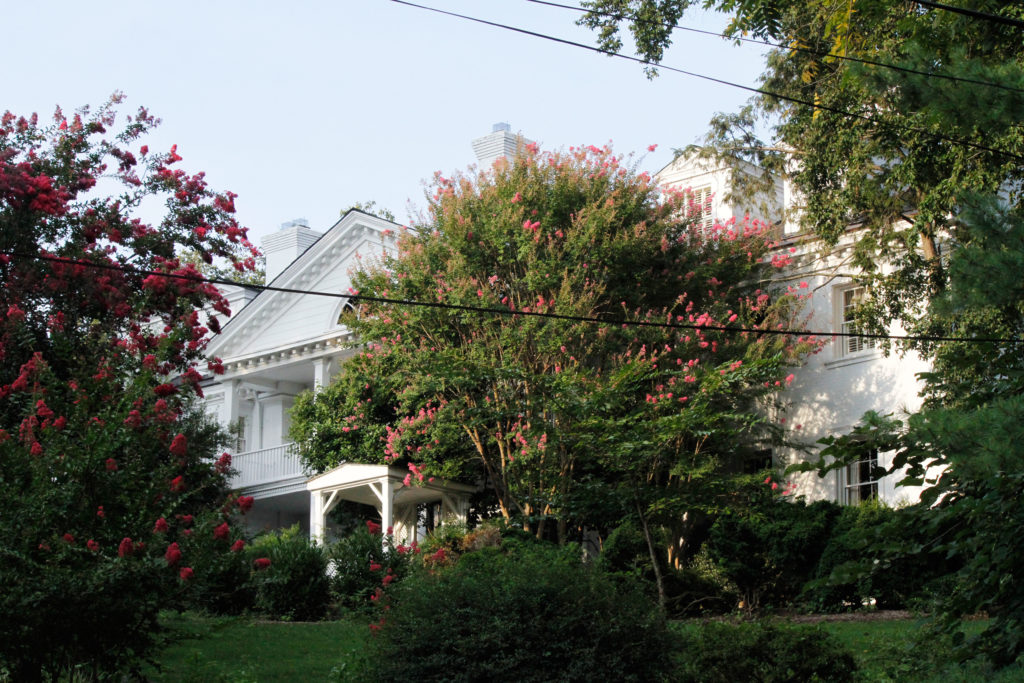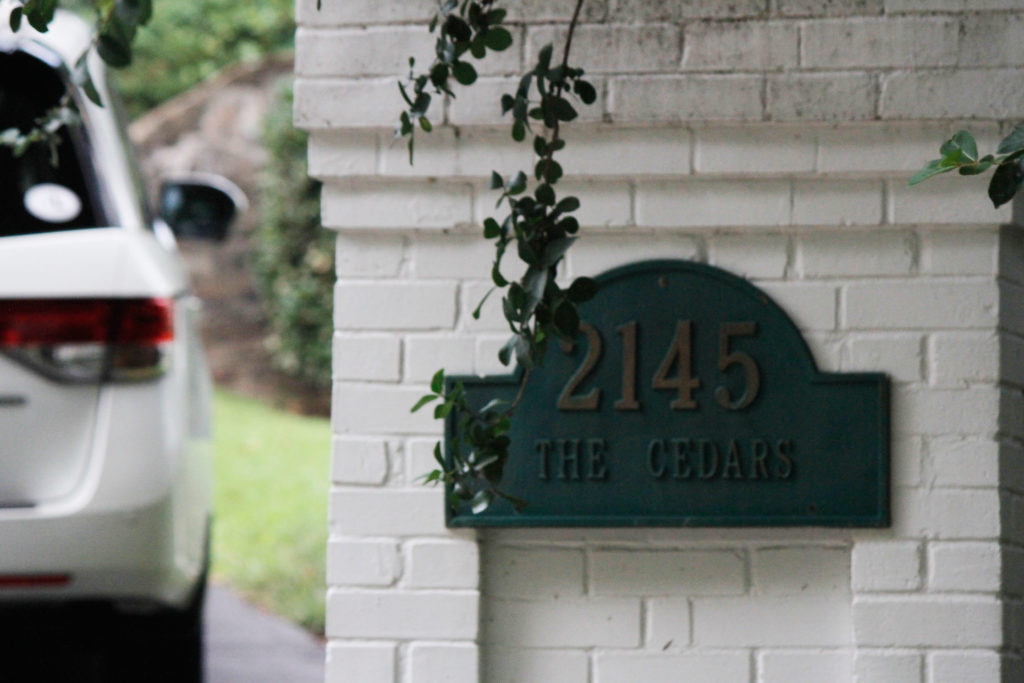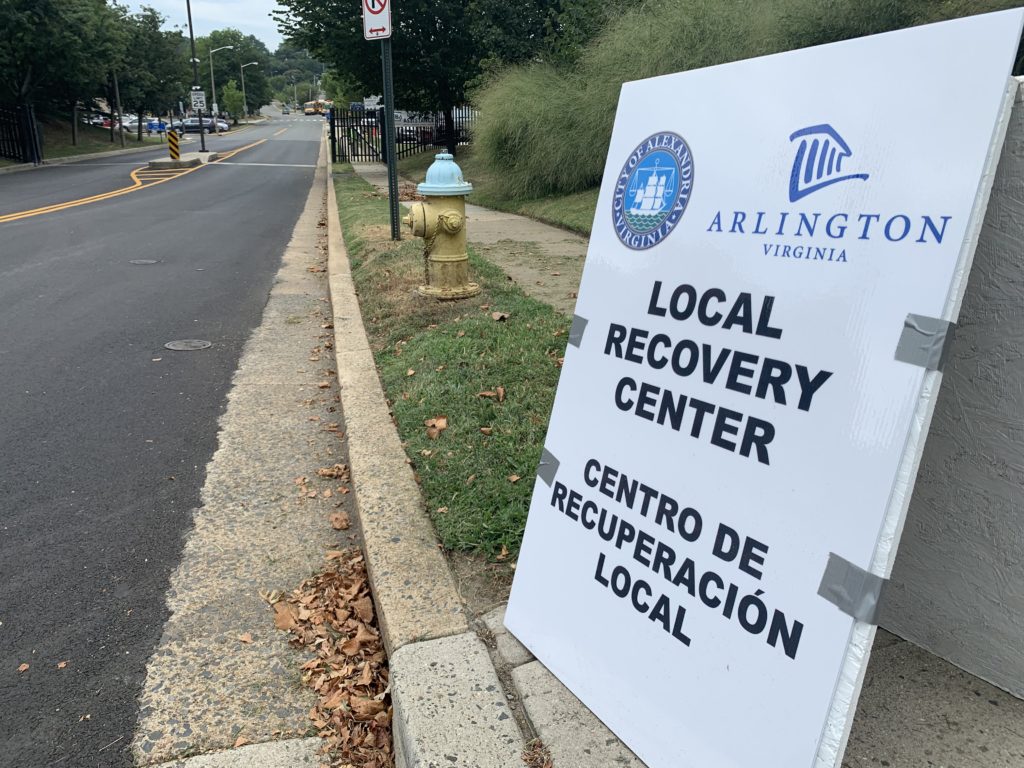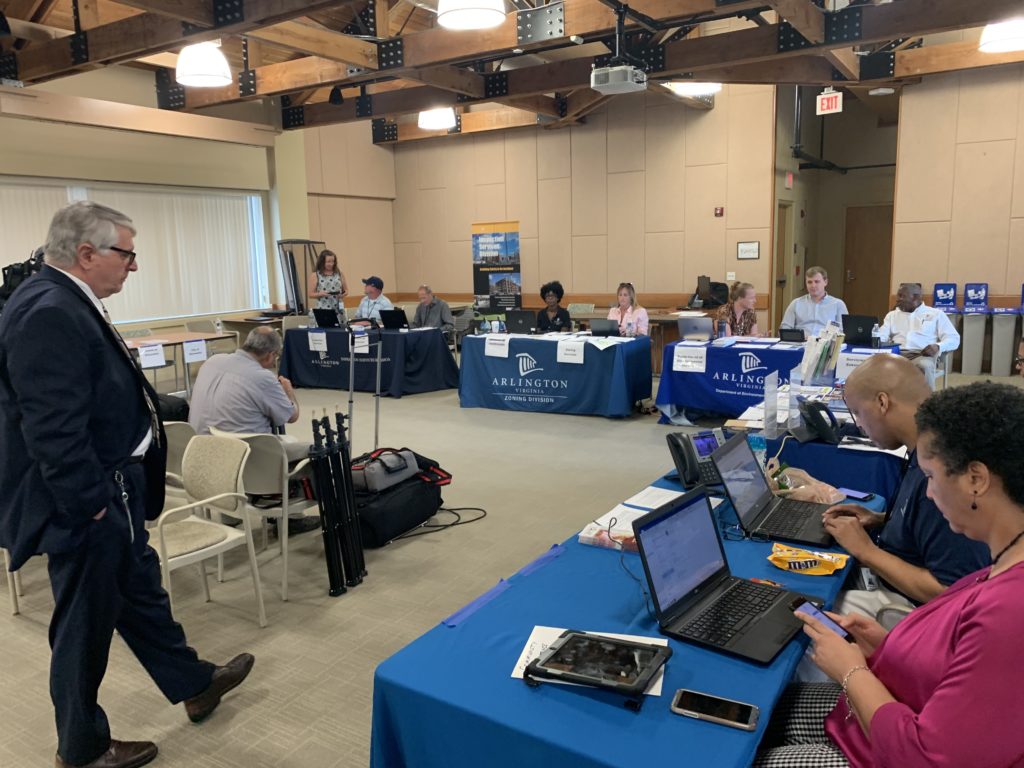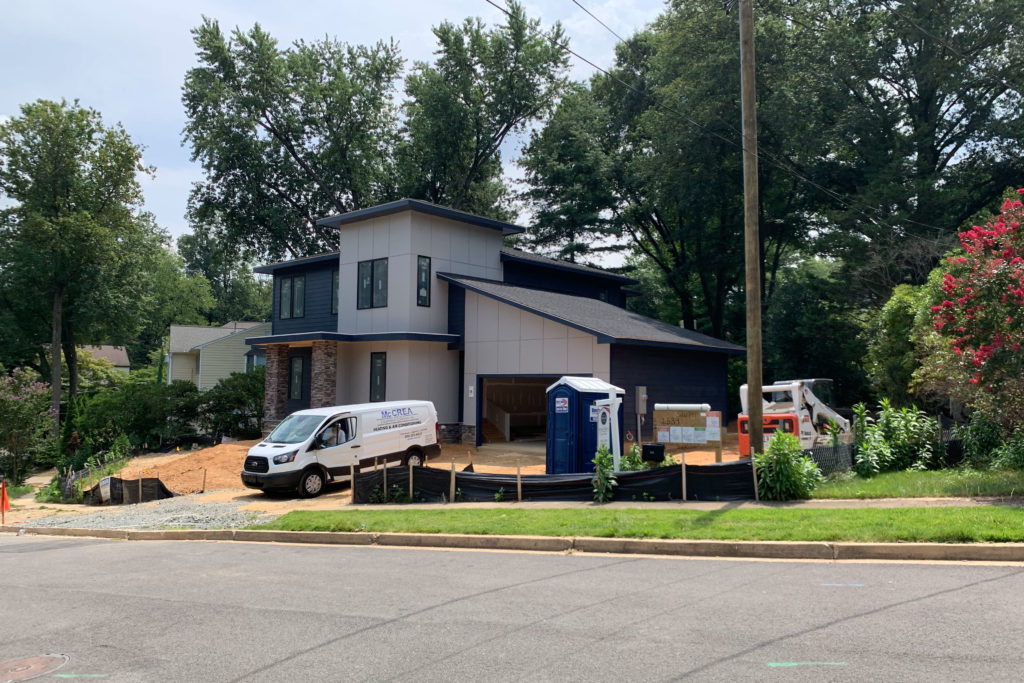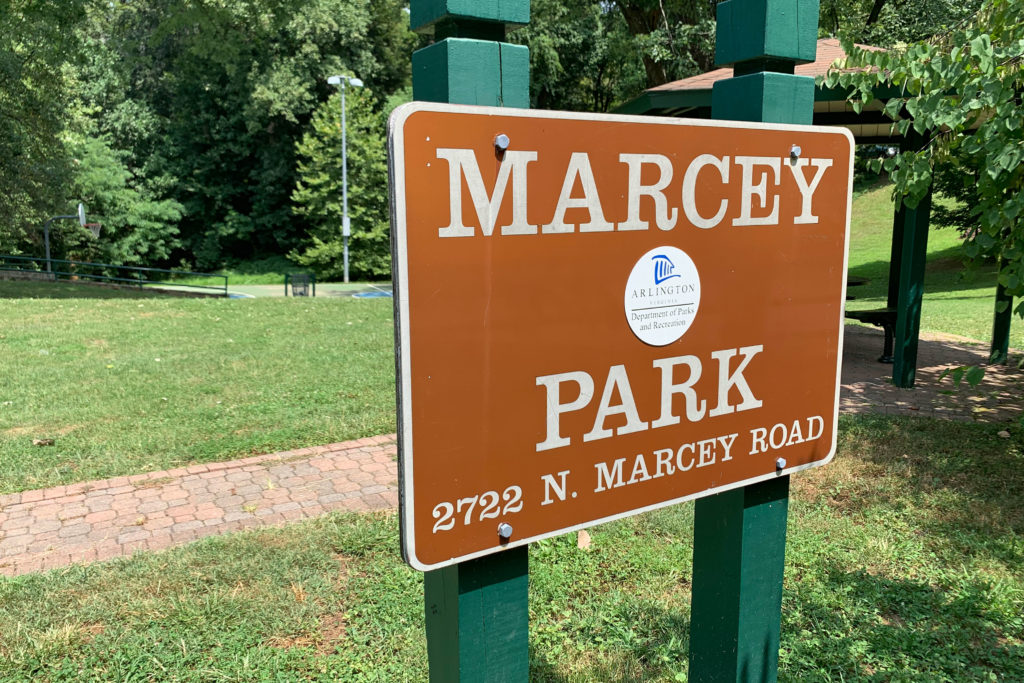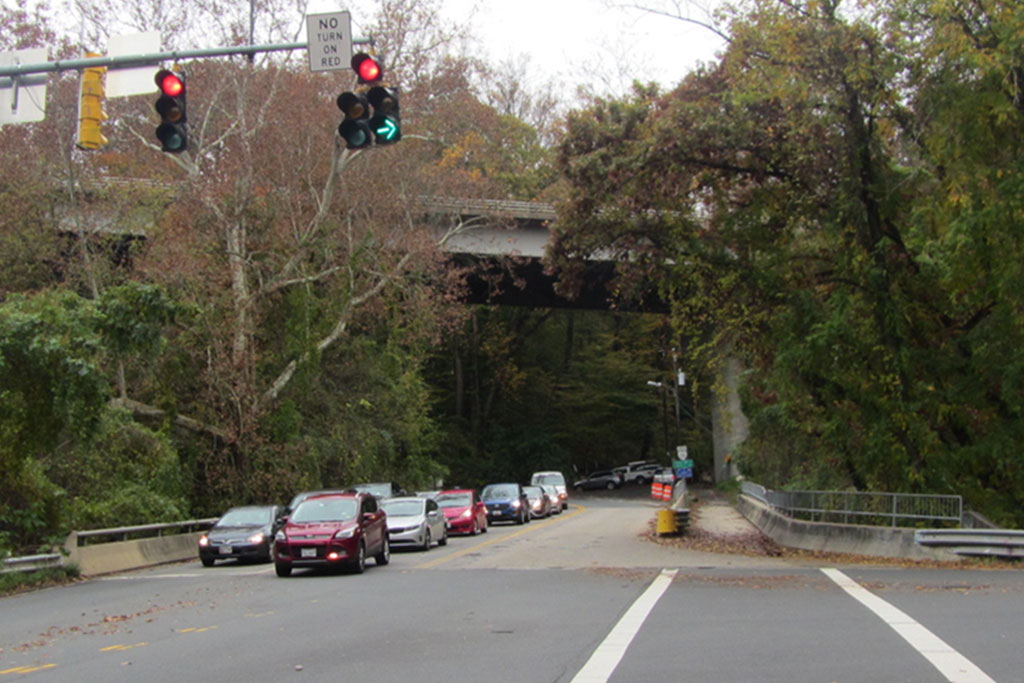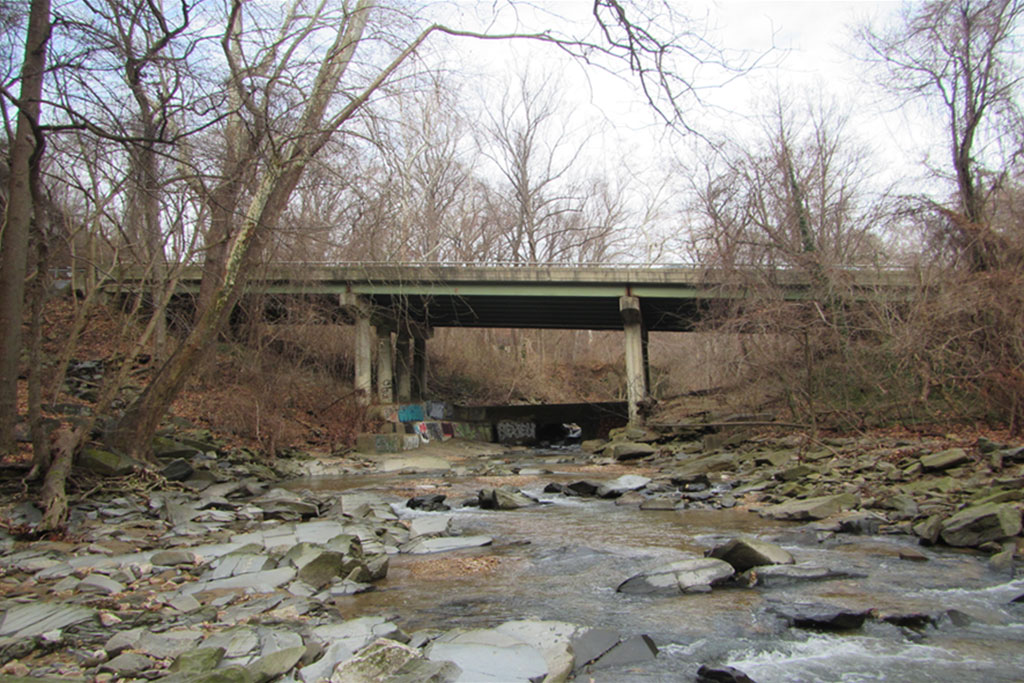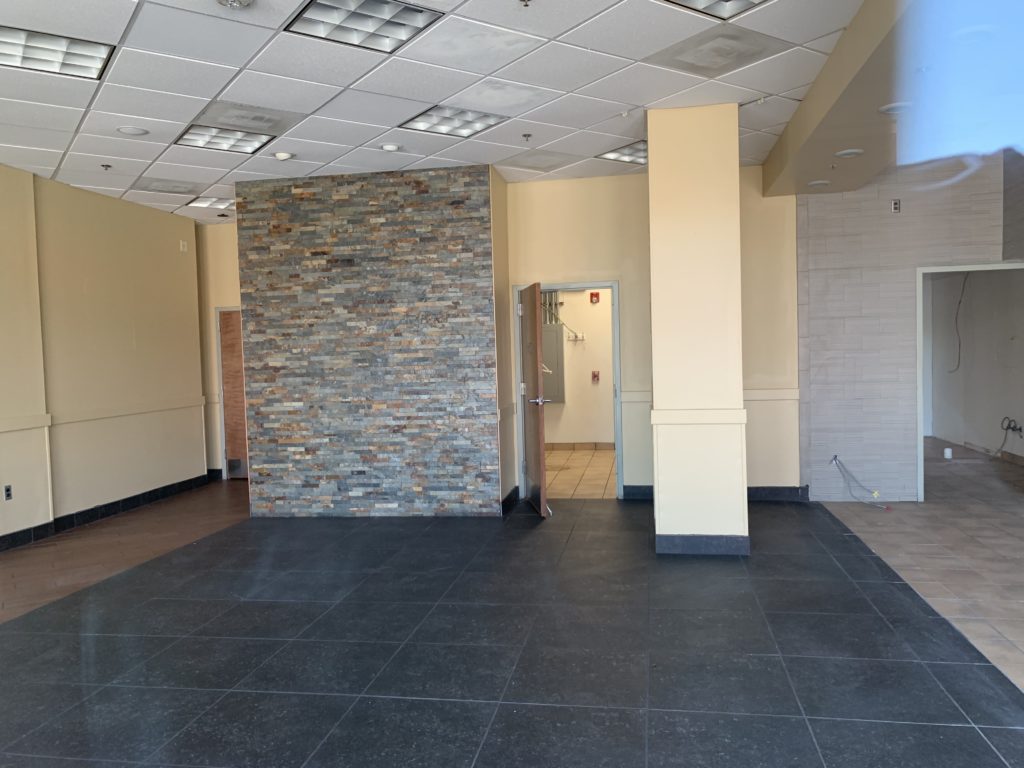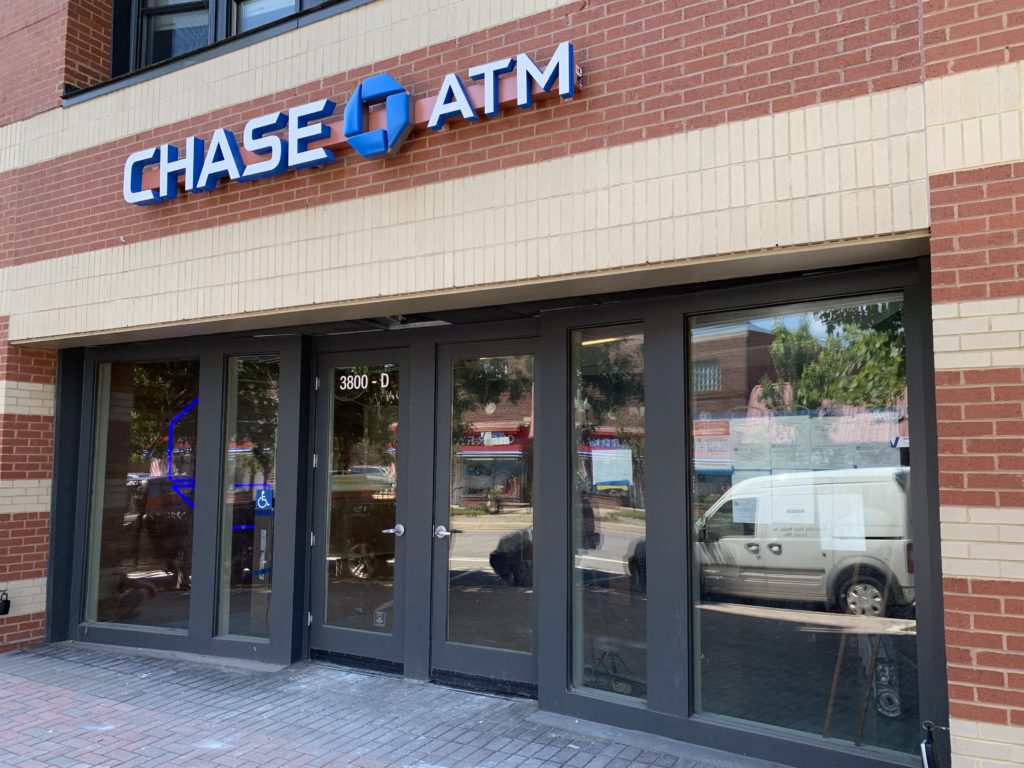For some diners, Ballston ends at Glebe Road, and a handful of restaurant owners at the western end of the neighborhood are feeling left out.
As numerous businesses have sprung up in the central part of Ballston, the western edge has suffered a series of high-profile closures.
The epicenter of the new restaurant openings is the newly-redeveloped Ballston Quarter mall and the ground floor of Ballston Exchange, just across Wilson Blvd from the mall — both in the central portion of the neighborhood, where several new residential and office buildings are also under construction.
“The gathering place is on the other side of Glebe Road,” said Brian McBride, one of the owners of Mussel Bar and Grille (800 N. Glebe Road). He listed off a number of places near his restaurant that have closed.
Cheesetique, which closed in June, is the most recent example. The storefront is still vacant, with lingering signs advertising long-gone desserts. Applebee’s and Il Forno along the same stretch of Glebe Road have both also closed over the last few years.
Manny Tangle, owner of Filipino restaurant Bistro 1521 (900 N. Glebe Road), said the improvements and changes taking place across Glebe Road have had no discernible effect on his businesses — for better or worse.
Restaurateurs along the west side of Glebe Road almost unanimously agreed that the biggest challenges for local businesses all stem from traffic issues. McBride and Tangle both agreed it can be difficult for visitors to find the right places to park. The parking for Mussel Bar and Grille, for instance, is only available by making a somewhat complex set of turns behind the building.
For Bistro 1521, the big frustration is being stuck between the “No U-Turn” signs at Fairfax Drive and Wilson Blvd, so if someone misses their turn to get to the restaurant, it’s several more blocks before they can turn around and make another pass.
Even at Good Company Doughnuts and Cafe (672 N. Glebe Road), which had a stronger than expected first few months, co-owner Kate Murphy said most of their customers came from the residential areas west of Glebe Road. The sparse number of crosswalks and perpetual construction meant the eatery didn’t see as much foot traffic from people visiting the Ballston Quarter area across the street, according to Murphy.
But it’s not all gloom and doom for these restaurants. Mary Marchetti, owner of Stageplate Bistro (900 N. Glebe Road), said the challenges of the west side of Glebe Road also come with some unique opportunities.
“Our side of Glebe Road tends to be more affordable to the independent restaurateur,” Marchetti said. “SER, us, Mussel, Bistro… would any of us have been able to afford Ballston Quarter? No, the rents are too high and we don’t have that kind of clout. So here we are, on our little independent strip of restaurants.”
If anything, Marchetti said the biggest challenge for the archipelago of independent restaurants is overcoming the reputation that west-of-Glebe is where eateries go to die.
“Ending that stigma will help drive businesses here,” Marchetti said. “The dining scene in Ballston has so much to offer. Ballston should be a dining mecca.”


